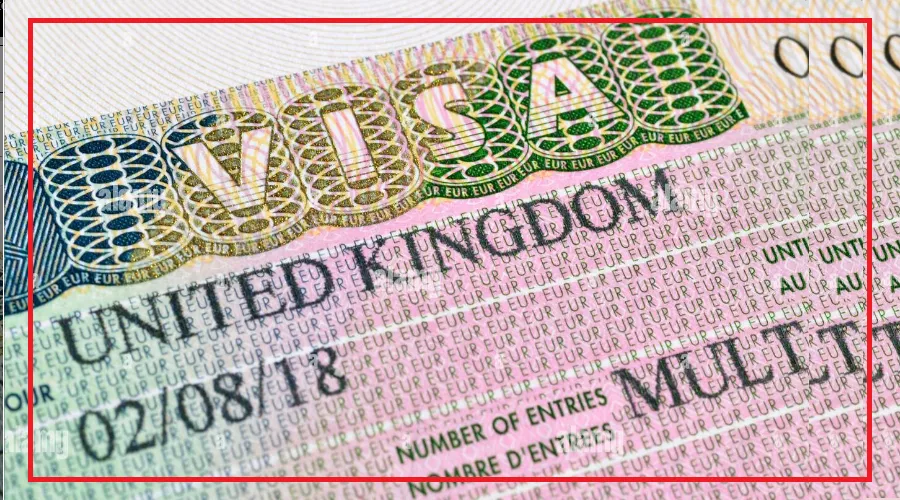The United Kingdom is preparing for its biggest immigration rule change in half a century.
Currently, immigrants can get Settlement, also known as indefinite leave to remain, after living in the UK for 5 years.
This status lets a person stay in the country permanently without immigration restrictions.
However, the government now wants to change the rules.
Home Secretary Shabana Mahmood has proposed a major shift in how migrants become eligible for Settlement, increasing the standard requirement from 5 years to 10 years.
Mahmood said in Parliament, “To settle in this country forever is not a right, but a privilege. And it must be earned.”
New 10-Year Path to Settlement
Under the proposed changes, the default earning period for Settlement will be increased to 10 years.
But time alone won’t be enough.
Applicants must now meet several additional conditions.
The new criteria include:
A clean criminal record
English language skills at A-Level standard
Consistent National Insurance contributions
No outstanding debt in the UK
These rules aim to ensure that applicants are contributing economically and socially before becoming permanent residents.
Who Can Still Qualify Earlier?
Even with the 10-year standard, some people may qualify for Settlement sooner based on their skills, income, or contributions.
Here are the proposed early-access pathways:
Degree-level English speakers: Eligible in 9 years
Higher-rate taxpayers: Eligible in 5 years
Top-rate taxpayers and Global Talent visa holders: Eligible in 3 years
Public service workers (doctors, teachers, nurses): Eligible in 5 years
Volunteers: Could qualify between 5 and 7 years
Partners of British citizens: Still eligible after 5 years
Hong Kong BN(O) residents: Continue at 5 years
Students and workers arriving through legal routes may also be able to qualify earlier, depending on the category of their visa.
Who Will Need to Wait Longer?
Not all applicants will benefit from early pathways.
Some groups may face longer waits than the new 10-year period.
Lower-skilled workers and dependents on health and care visas: 15 years
Migrants who received benefits for under 12 months: 15 years
Migrants receiving benefits for over 12 months: 20 years
Refugees under core protection: 20 years
People who arrived illegally: Up to 30 years
These changes are part of the UK’s efforts to tighten migration controls and prioritize economic contribution.

























